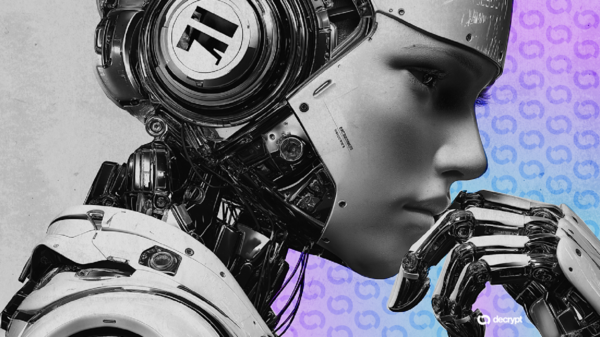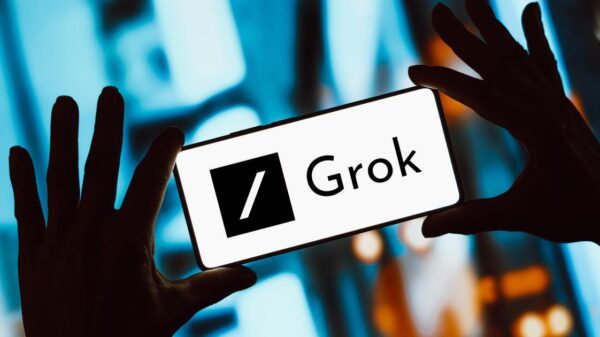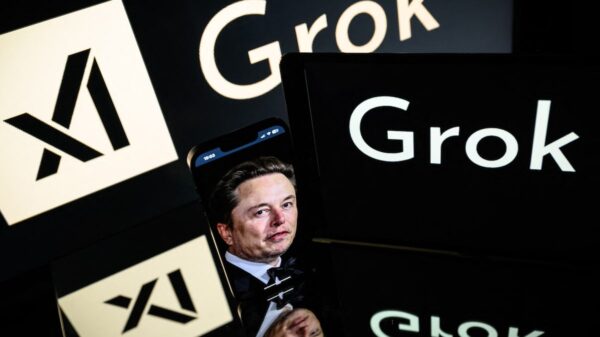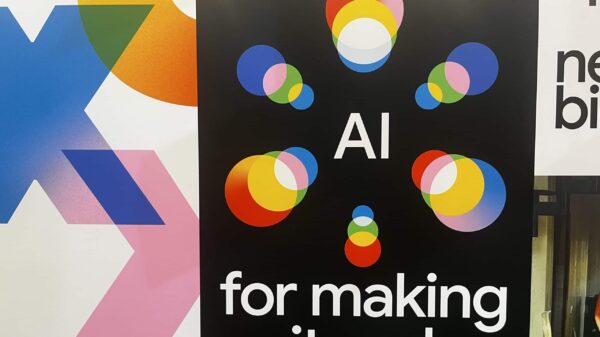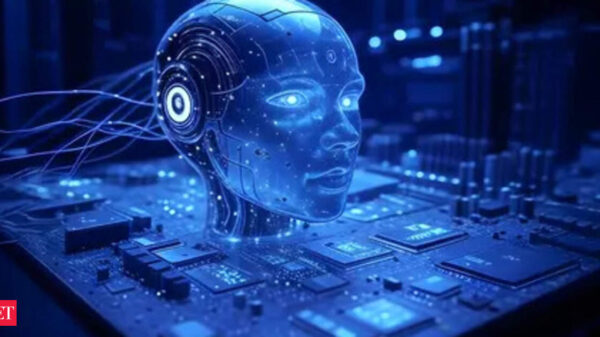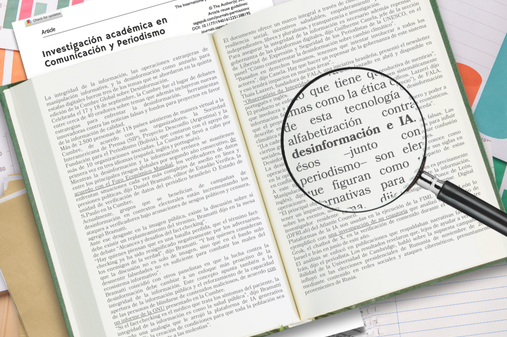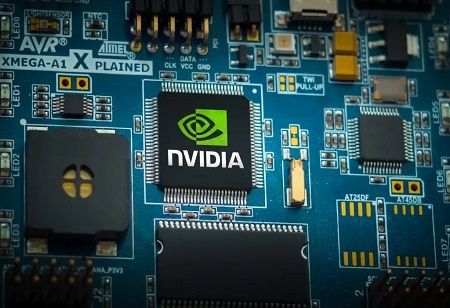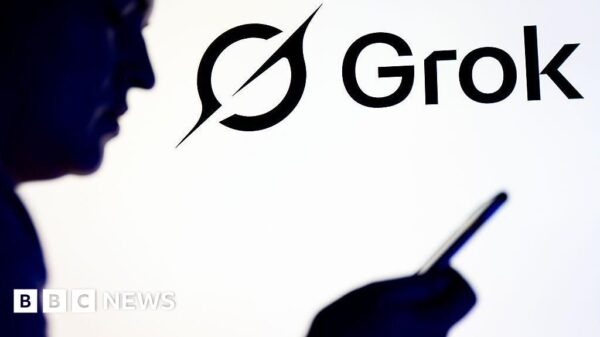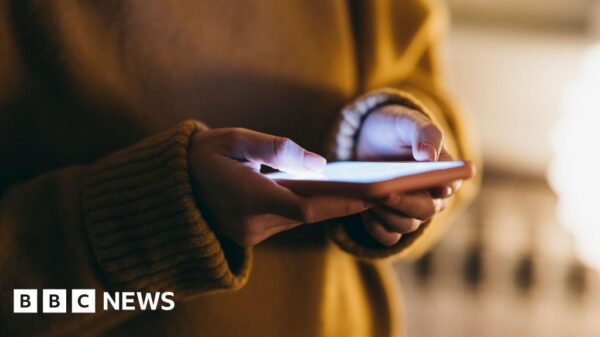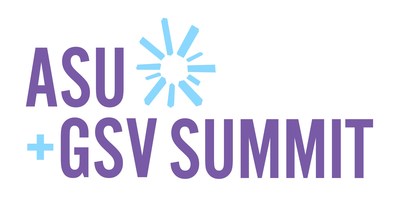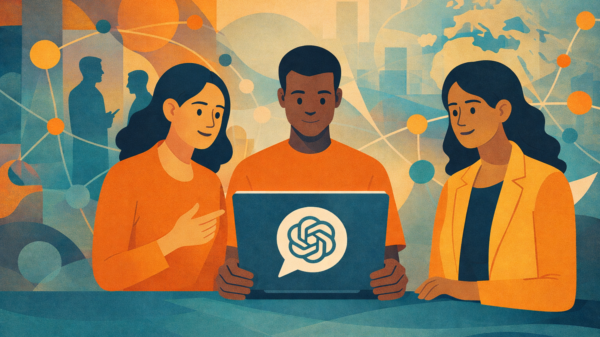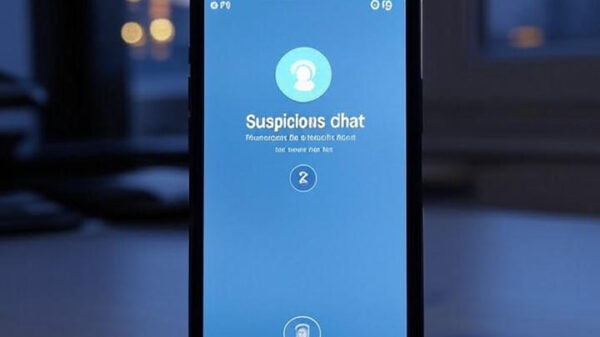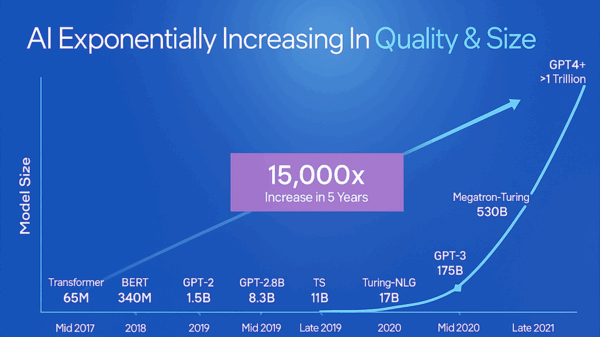OpenAI has introduced an important update to ChatGPT, allowing users to customize punctuation preferences, specifically regarding the use of em-dashes. This enhancement follows long-standing feedback from users who found the AI”s frequent use of em-dashes made its writing appear overly robotic.
In a recent announcement, Sam Altman shared via a post on X that users can now set preferences in the custom instructions tab to eliminate em-dashes from ChatGPT”s output. This change marks a significant step towards more nuanced control over how the AI communicates, as it recognizes the importance of stylistic elements in writing.
While many may view punctuation as a minor detail, it plays a vital role in establishing tone and enhancing readability. For writers, students, and professionals, the overuse of em-dashes by ChatGPT often indicated that the text was AI-generated, which could undermine the model”s perceived reliability for producing human-like writing.
This update is part of a broader initiative by OpenAI to enhance personalization features. Previously, ChatGPT has introduced options for personality presets and memory capabilities, and this latest adjustment is one of the first instances of direct style control being implemented.
The ability to customize how ChatGPT writes, including aspects such as tone and punctuation, brings it closer to functioning as a true writing assistant. Users can expect a more tailored experience, allowing them to eliminate recognizable AI traits like the excessive use of em-dashes, thus fostering a more natural writing style.
As this feature rolls out, it raises important questions about the model”s adaptability. If ChatGPT struggled with this one punctuation mark for an extended time, one must wonder what other stylistic elements may still require user-defined adjustments. The update hints at a future where deeper AI personalization could become commonplace, but it also highlights the persistence of certain behavioral quirks within large language models.
For those utilizing ChatGPT to draft important documents such as emails, reports, or social media posts, this update provides increased control over not only the content but also the manner in which it is expressed. Consistency in style is crucial, and the ability to remove overt signs of AI generation can make outputs feel more authentic.
The question now is how far this newfound flexibility will extend. If OpenAI continues to develop these personalization features, users might soon have the capability to control various aspects of the AI”s style, ranging from sentence structure to tone. This update reignites the conversation around AI personalization, suggesting that various user-specific configurations could significantly enhance how seamlessly the AI integrates into individual writing practices.
As we look ahead, if ChatGPT continues to adapt and respond to user preferences effectively, the future of AI-assisted writing may evolve to reflect a much more personalized touch, bridging the gap between machine-generated text and human expression.
See also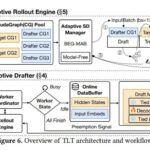 MIT Team Reveals TLT System, Boosting Reasoning RL Training Speed by 1.7x
MIT Team Reveals TLT System, Boosting Reasoning RL Training Speed by 1.7x Generative AI Needs Traditional Machine Learning for 95% Accuracy in Business Decisions
Generative AI Needs Traditional Machine Learning for 95% Accuracy in Business Decisions BNX Payments Launches BNX AI: Free, Registration-Free Image Generation for All Users
BNX Payments Launches BNX AI: Free, Registration-Free Image Generation for All Users Erotic AI Platform Secret Desires Exposes 2 Million Images, Including Private Citizens
Erotic AI Platform Secret Desires Exposes 2 Million Images, Including Private Citizens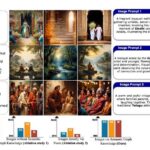 IIT Patna and Adobe Research Launch TAI Framework for Translating 1,570 Indian Poems
IIT Patna and Adobe Research Launch TAI Framework for Translating 1,570 Indian Poems
